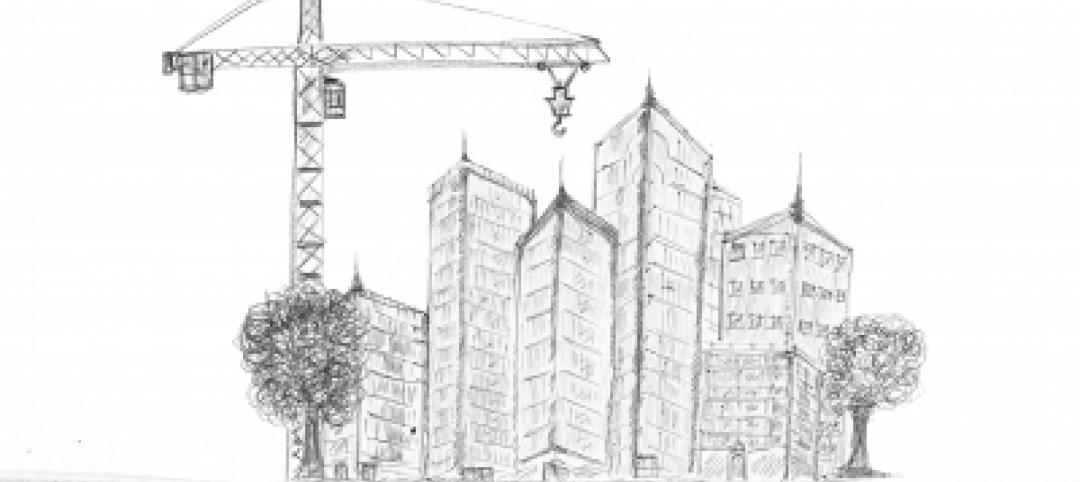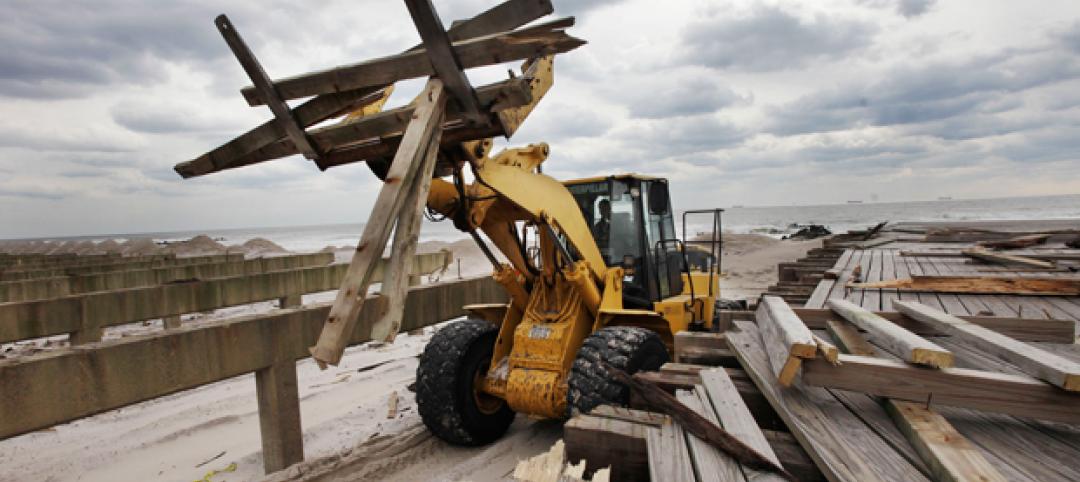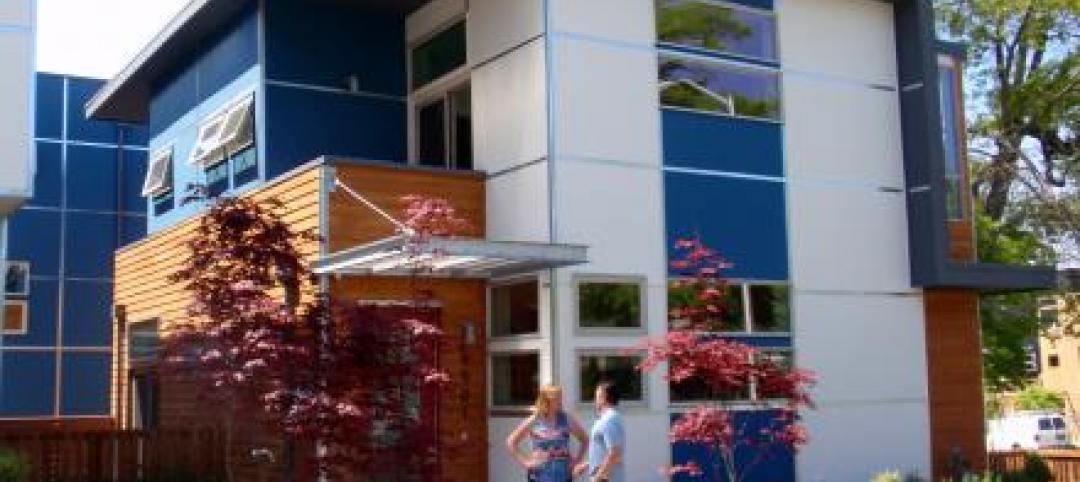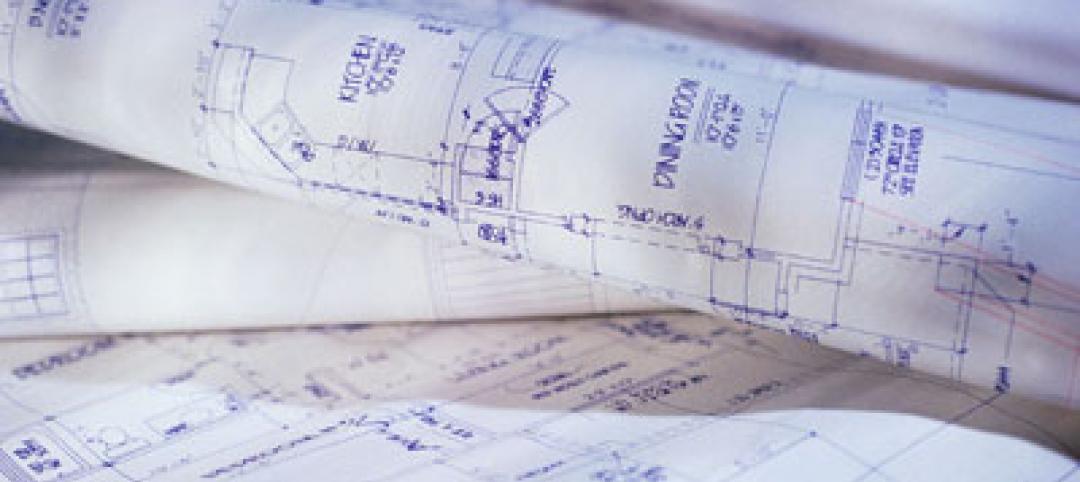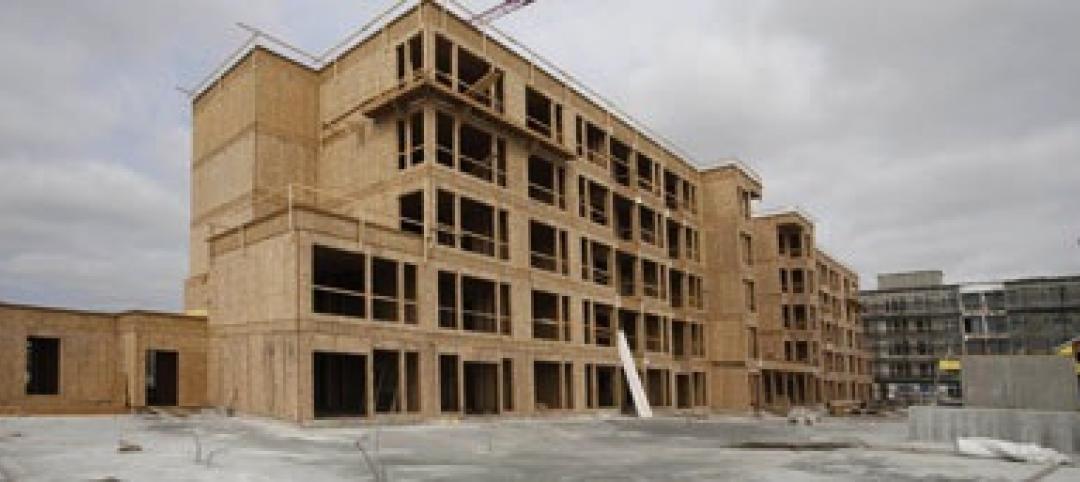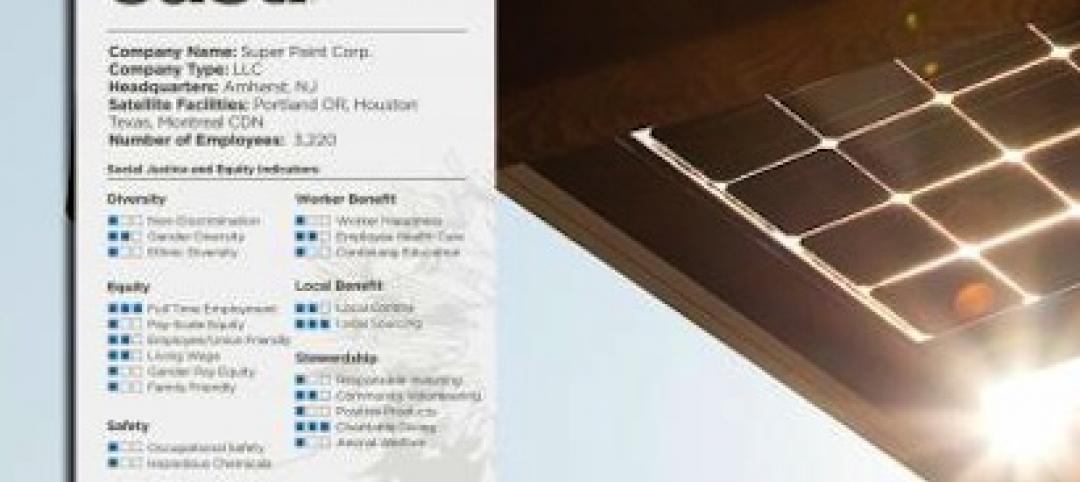The Eugene, Ore., City Council recently passed an ordinance aimed at steeply reducing energy consumption and greenhouse gas emissions. The city of 158,000wants to reduce community-wide greenhouse gas emissions 10% below 1990 levels by 2020, and reduce fossil fuel use by 50% by 2030.
Eugene is developing an energy inventory for its entire economy. After that is completed, it will consider voluntary energy-saving measures in the private sector, such as easier permitting for energy-efficient construction and energy performance scores for commercial buildings. The city will also consider other measures like commercial food-waste composting in restaurants and grocery stores to reduce methane emissions from landfills.
Eugene has made significant progress in reducing emissions recently from transportation without any concerted plan. Transportation emissions have dropped 2.5% per year since 2010, despite some population growth. This is largely due to economic and cultural shifts: the recession, the rise of telecommuting, online shopping and entertainment, transit, biking, more efficient cars, and higher gasoline prices. The city has encouraged these trends by improving bus service and developing a master plan for sidewalk and bike path improvements.
City government has rejected hard caps on emissions to date, focusing instead on voluntary measures and incentives for the private sector.
(http://grist.org/climate-energy/what-can-small-cities-do-to-fight-climate-change/)
Related Stories
| May 31, 2013
OSHA will propose to extend crane operator certification compliance date
The Occupational Safety and Health Administration (OSHA) says it will propose to extend the compliance date for the crane operator certification requirement by three years to Nov. 10, 2017.
| May 31, 2013
GIS should guide zoning decisions in states hit hard by Hurricane Sandy, says expert
As New York, New Jersey and other states hit hard during Superstorm Sandy begin their long road to recovery, the decisions they make on how to rebuild are crucial to determining how well they will weather the next big storm.
| May 31, 2013
Bond package to fund $2.7 billion in new university construction dies in Texas Legislature
A $2.7 billion state bond package that would have financed expansion projects at more than a half-dozen universities in Texas died on the final day of the legislative session.
| May 31, 2013
Tax break proposal for $1.5 billion expansion of Minnesota’s Mall of America advances
The Minnesota Legislature approved tax breaks worth $250 million for a $1.5 billion project that would double the size of the Mall of America in Bloomington, Minn.
| May 31, 2013
Debate in the Northwest over how to apply lessons of net-zero construction in codes
Success in constructing net-zero homes in the Northwest has sparked debate over how far green codes should go.
| May 28, 2013
Fire Chiefs Assn., IBHS call for federal legislation to encourage states to adopt, enforce building codes
The International Association of Fire Chiefs (IAFC) and the Insurance Institute for Business & Home Safety (IBHS) are asking Congress to enact the Safe Building Code Incentive Act (SBCIA), which provides financial incentives for states to adopt and enforce building codes.
| May 28, 2013
Proposal to water down Las Vegas green building code draws criticism
A proposed bill before the Las Vegas City Council would allow any building built before 2009 undergoing a renovation to only have to meet the energy code requirements at the time of initial construction, not the current, stricter guidelines.
| May 28, 2013
Mazria: ‘No need for new power plants to meet growth in buildings sector’
A new analysis of federal data shows that the U.S. buildings sector has made enormous strides in efficiency over the last six years—potentially eliminating the need to build any new power plants to support growth in the sector through 2030.
| May 27, 2013
Support increasing in Ontario to change codes to allow taller wood frame construction
Developers and home builders are asking the Ontario government to change the building code to allow construction of six-story wood frame buildings.
| May 27, 2013
'JUST' label aims to assess social justice on building material manufacturers
At the Living Future's annual conference in May, Jason McLennan, and architecture firm BNIM founder Bob Berkebile launched the JUST label, an extension of the Declare label that addresses social justice and equity issues.


